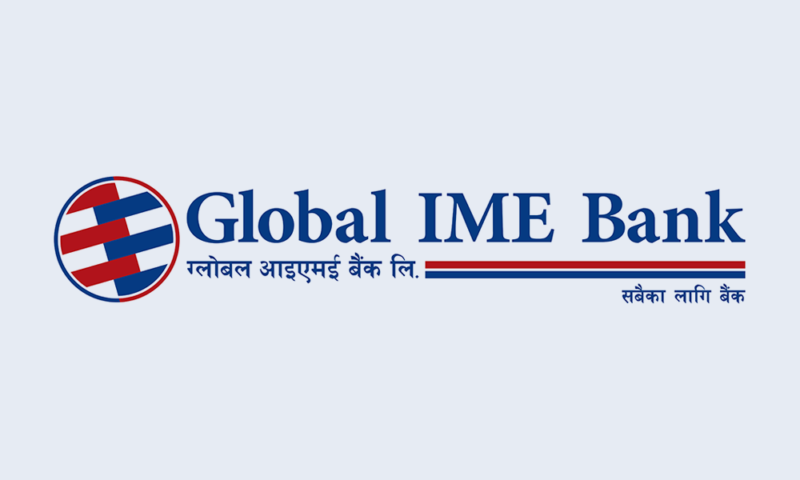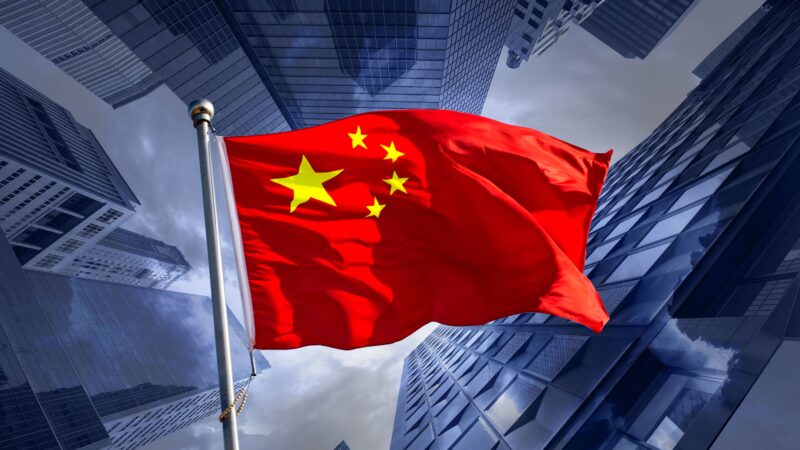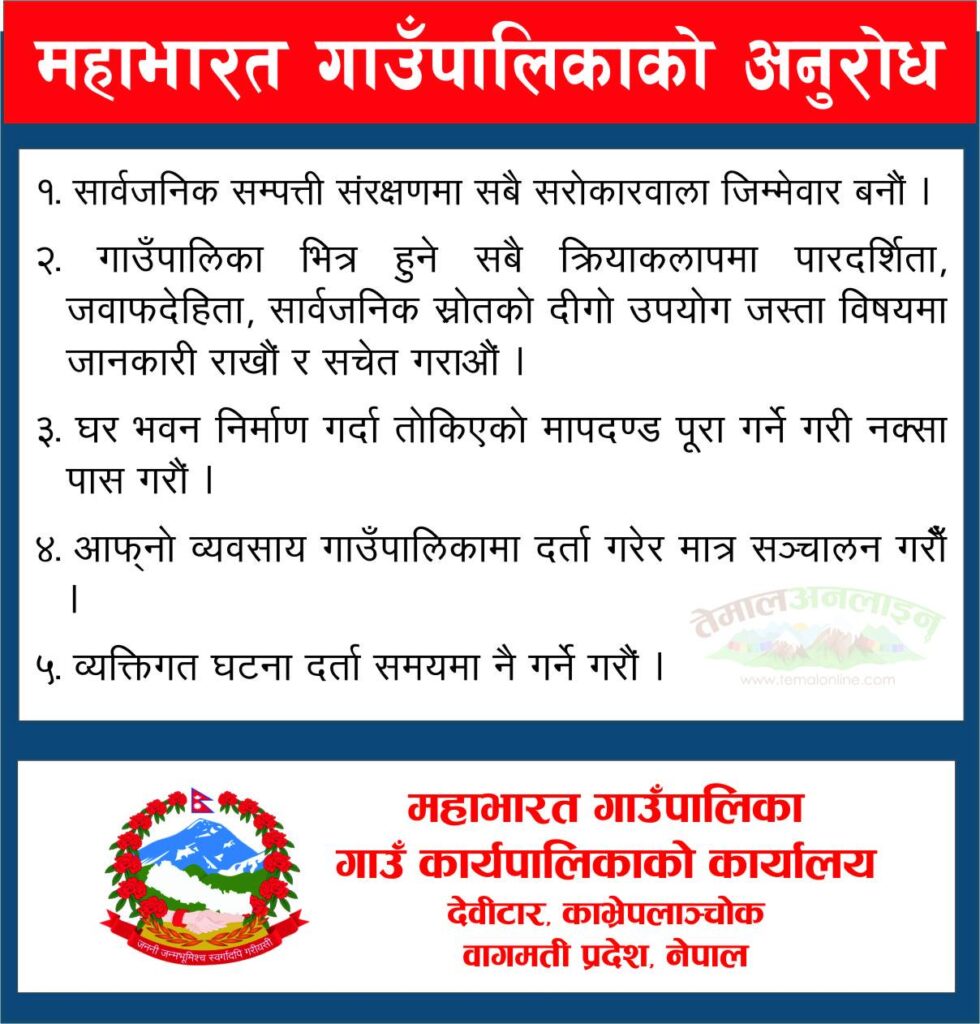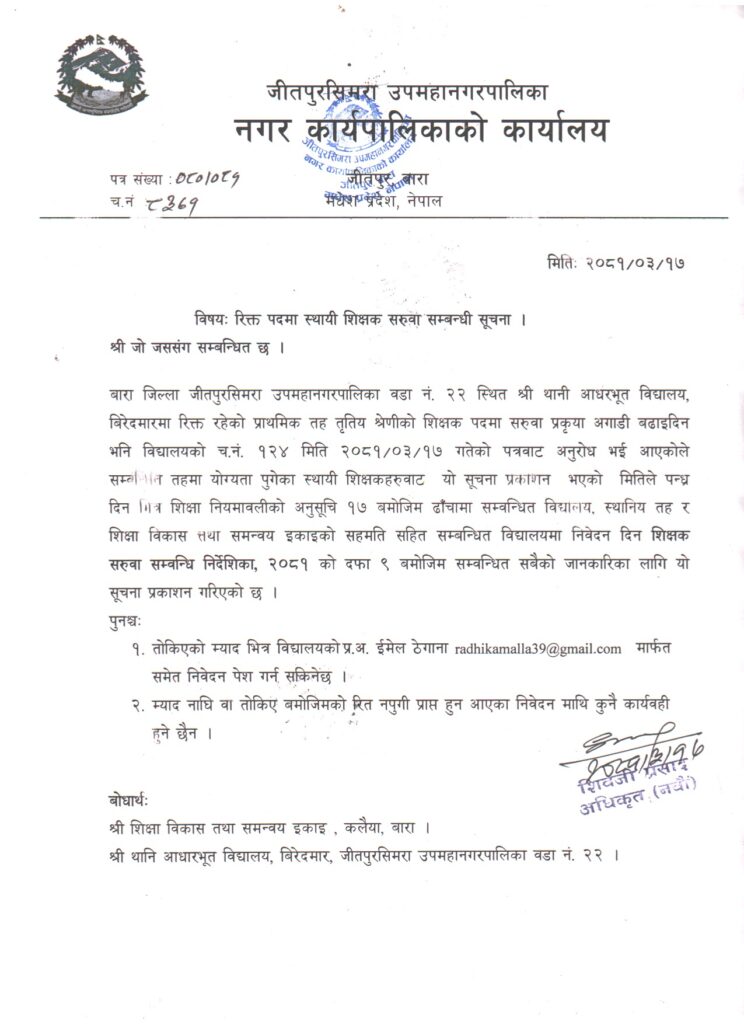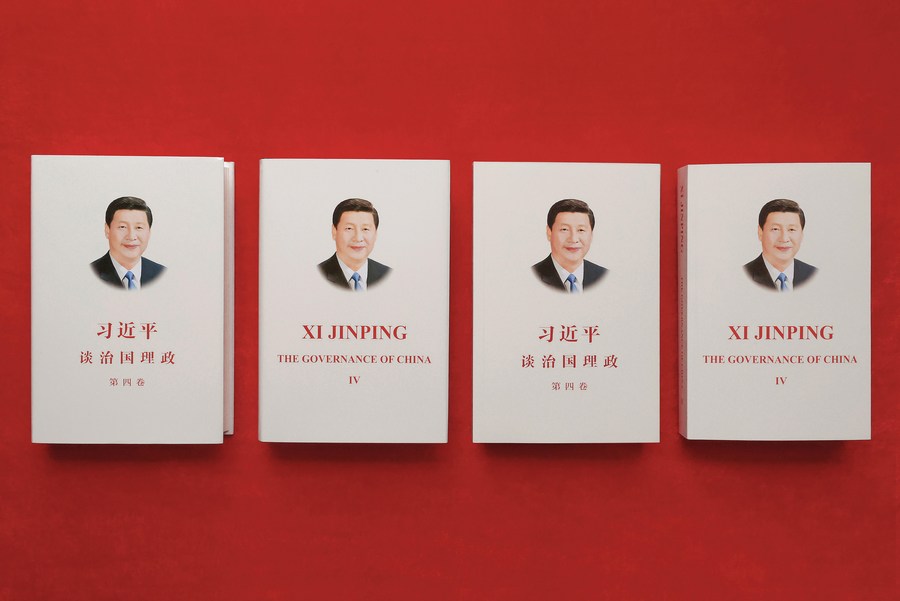
Xi’s Book brings marginalized people into the central stage of politics
Urmila Majhi, Majhi is an MP
Reading the books by Xi Jinping is always thrilling and meaningful because his acts and words make a difference to the global polity and economy. The Governance of China Volume IV leads a people-centric philosophy to the entire world.
“The Governance of China focuses on marginalized or less powerful voices and their struggles within Chinese society. The book unveils the history of marginalized groups in China, such as ethnic minorities, rural populations, and workers and the ideas to addresses their concerns.

The themes and guidelines shared in the book show the path to strengthen the oppressed people. In the chapter “Always Put People First” in page 61, XI writes “The people centered philosophy of development is not an empty slogan, but a principle that underpins all our decisions and plans, and every aspect of our work. Always put the people first.”
Likewise, Xi’s commitment to eradicating poverty and improving the lives of the Chinese people is a recurring theme in Volume VI. The book outlines policies aimed at providing a social safety net, improving healthcare and education, and addressing disparities between urban and rural areas. Under his leadership, China has made significant progress in reducing poverty and enhancing social welfare. The poverty reduction drive of China is perhaps the greatest fight for the cause of humanity in the world.
For the developing countries, the book is important to learn lessons on lifting their populations out of poverty and achieve sustainable development and learn the ways to advance national development that is people-centered, inclusive, just, equitable and global in vision.
President Xi’s speeches and writings in this volume are not merely limited to China’s domestic affairs but his views address critical global challenges. From climate change to global governance and multilateralism, Xi’s insights provide a unique perspective on how China sees its role in shaping a better world. His ideas of putting people at first and preserving ecology equally serve the interests of the marginalized and indigenous people.
Unlike the westerners’ views, the book by Xi Jinping has offered collaboration for south-south cooperation and embracing appropriate measures in combating climate change threats and ecological conservation too and says “Protecting the ecosystem requires more than a simplistic, palliative approach.”
The articles are filled with philosophical insights, artistic presentation and broader perspective that bear highly inclusive views on local to global issues also covering the emerging issues.
In his book, Xi has called the global community to work together to protect the lives and health of all; strengthen cooperation among world political parties to benefit the people, protect the earth for achieving sustainable development and other proposals too.
One can easily get the message that Xi thinks of people, their agendas and woes along with the ideas to troubleshoot people’s adversaries. His emphasis on the engagement with grassroots people and their empowerment is a best tool to bridge the gap between the people and politicians. “To achieve goal, we should prevent any disengagement from the people, which may lead to loss of public support (Page No. 65),” he writes.
Likewise, his statements on frequent monitoring of the government actions and their assessment exhibit the importance of thorough review of the interventions. He states, “We should move faster to establish a mechanism for preventing people from falling back into poverty, and take timely steps to help those who have fallen back into poverty due to COVID -19 and other reasons.” (Page No. 109)

He emphasized the grassroots party organization in all of his speeches. This shows his concentration on building a people-centric communist party and this is a great lesson for we Maoist leaders and cadres in Nepal. He writes grassroots party organizations have played their key role in their efforts to strengthen the CPC and promote poverty eradication. This is to argue that Xi’s interventions have yielded results due to his capacity to bring the party organization on board and the decisions are made collectively and so is the implementation part.
After the reading of this book, I draw a conclusion that Xi is internationalist, the people-centric and a visionary leader having a dream to share good things to the world.
The photographs included in this book also reveal his family background and history. The pictures also show Xi’s moments with children, poor people, peasants, youths, victims of COVID-19 and oppressed people. This book is very important to learn about China, policies, new party making process, people-centered policies and Xi`s activities.



